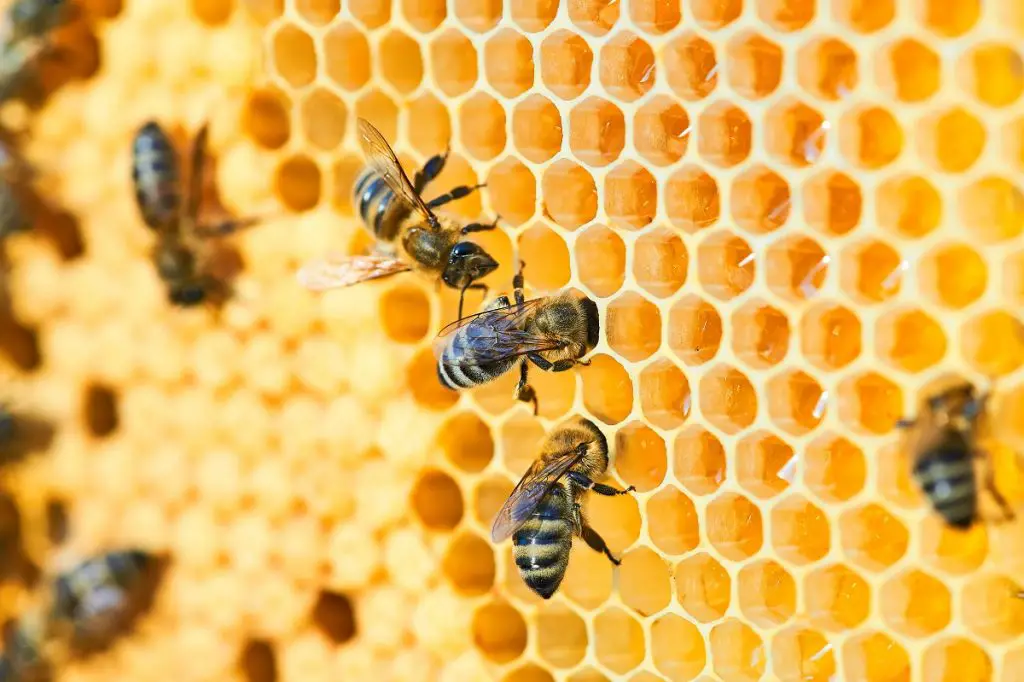The future of food in Africa is not secure with many factors coming into play.
Investing in bee farming could be one of the ways the continent can boost food production and lift Africa from dependence on food aid to becoming a super producer.
While the potential for apiculture could bring significant economic development to the continent, not enough has been done to maximise production in the sector that not only gives honey but also boosts crop health and fruit quality.
Addressing conflicts, embracing tech could enhance Africa’s food security
With apiculture, Africa could have extra ammunition in its hunger-fighting arsenal.
The biggest challenge facing thousands of beekeepers in Africa is that despite having the means and knowledge to produce honey and its by-products, they lack access to reliable markets.
This is just the tip of the iceberg, however, because even before farmers in Africa can tap into the beekeeping potential, there is an increasing threat to bees.
According to the UN-FAO, the diversity of bees and other pollinators is falling worldwide and Africa is no exception. FAO says that this concerning trend is due to the widespread use of unsustainable farming practices, mono-cropping, excessive use of agricultural chemicals, and the effects of climate change and climate variability.
The changes in land use and the accompanying landscape structure thereafter have led to the fragmentation and degradation of the bee habitats decimating their numbers and thus, productivity. In addition, there are pests and diseases arising from reduced resistance of bee colonies while globalization is facilitating the transmission of some of these pests and diseases over long distances.
Climate change and its variabilities have also negatively impacted bee colonies as higher temperatures, droughts, floods, and other extreme climate events become the norm.
Also, weather changes have altered flowering time of many plants that bees depend on, hindering pollination.
This, according to FAO, desynchronizes the demand which is flowers in bloom with the supply of service providers which is made up of abundant and diverse populations of pollinators including bees.
For food security in Africa and to enjoy the benefits that can come with beekeeping, the continent should embrace sustainable agricultural practices and adopt a variety of approaches to increase production and productivity across agriculture and food systems.
Unravelling Africa’s unfair Fair Trade mystery
FAO says adopting such methods could facilitate progress along the three dimensions of sustainability which include the social, environmental and economic aspects.
If farmers adopt agroecology which protects ecosystem functions and services and climate-smart agriculture, then they can successfully benefit from the various advantages that bees offer to both crop and honey production.
FAO says that farmers can significantly contribute by limiting the use of pesticides, diversifying and planting crops which attract bees including planting and keeping hedgerows. These practices can help ensure that Africa taps into the natural resource it has in bees to ensure food security while also addressing poverty.
African has the perfect conditions for commercial bee farming since the continent is free from harsh winters thus a profitable honey industry could flourish.
Ethiopia is Africa’s biggest honey producer with a BBC report indicating that the East African nation was producing 45,000 to 50,000 tonnes of honey annually by mid-last year.
Continent-wide, honey and its related by-products could earn countries an estimated US$100 million (£76 million) per year.
With such kind of revenues from the bee colonies in Africa, it is only prudent that the governments invest in the sector to ensure that those in need do not continue being marginalised by poverty or food insecurity which has been an Achilles heel for the continent.
